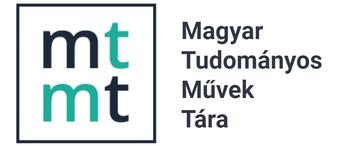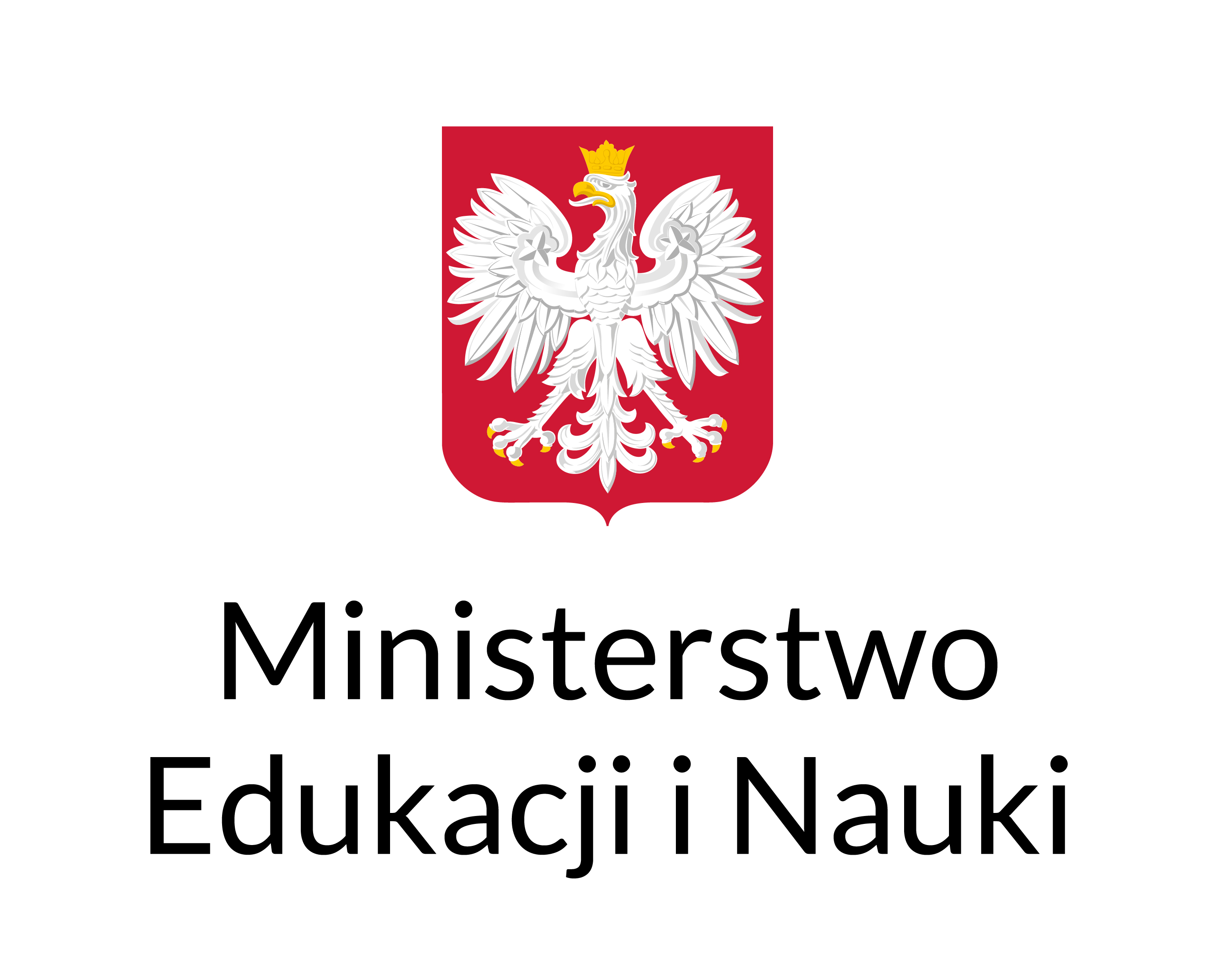Limits in Times of Crisis: on Limitations of Human Rights and Fundamental Freedoms in the Slovenian Constitutional Order
Abstract
The purpose of this article is to discuss the issue of limitations of human rights and fundamental freedoms in the 1991 Constitution of the Republic of Slovenia. The discussion is set in the context of a large-scale health crisis, i. e. the SARS-CoV-2 (the virus) and COVID-19 (the disease) epidemic. The article first describes the position of human rights and fundamental freedoms in the Slovenian constitutional order, and discusses the possibilities to limit human rights and fundamental freedoms. In this section, the article introduces the concept of ‘limitations on limitations’ (similar to the German Schranken-Schranken) and presents the requirements of such limitations in Slovenian constitutional law. It then turns to the mechanism of temporary suspension and restriction of human rights and fundamental freedoms during a war or state of emergency as foreseen in Article 16 of the Constitution. In the third part, the article discusses the limitations of human rights and fundamental freedoms enacted brought forward by the government measures intended to tackle the epidemic, i.e. the concrete substatutory norms passed between March and October 2020. This article presents selected issues and affected human rights such as freedom of movement, personal liberty, right to health, and freedom of assembly. The final part of the article discusses the concept of ‘limitations on limitations’ that has demonstrated its relevance for the protection of a meaningful level of human rights in the period of the epidemiological crisis.
References
Avbelj, A. et al. (2011) Komentar Ustave Republike Slovenije: dopolnitev - A. 1st. Kranj: Fakulteta za državne in evropske študije.
Avbelj, A. et al. (2019) Komentar Ustave Republike Slovenije: [znanstvena monografija]. 1st. Nova Gorica: Nova univerza, Evropska pravna fakulteta.
Bardutzky, S., Zagorc, S. (2020) Business as Usual, but to the Unusual Extremes: Slovenia and Covid-19 [Online]. Available at: https://verfassungsblog.de/business-as-usual-butto-the-unusual-extremes-slovenia-and-covid-19/ (Accessed: 29 October 2020).
BBC 'Slovenia cyclists hold anti-government protest', [Online]. Available at: https:// www.bbc.com/news/world-europe-52597748 (Accessed: 30 October 2020).
Dnevnik 'Varuh človekovih pravic ne vidi pravnih podlag za omejitev izhodov v domovih starejših', [Online]. Available at: https://www.dnevnik.si/1042933402 (Accessed: 30 October 2020).
Gardbaum, S. (2007) 'Limiting Constitutional Rights', UCLA Law Review, 54, pp. 789-854.
Jager, V. (2020) Zakaj tako s starejšimi? Čeprav je v bolnišnicah dovolj postelj in respiratorjev, država starostnike, okužene s koronavirusom, zadržuje v domovih za starejše. 10.4.2020 Ljubljana: Mladina (15).
Malovrh, P., Kuralt, Š. (2020) Številu žrtev iz domov statistika ne sledi. 15.4.2020 Ljubljana: Delo.
Marsch, N., Vilain, Y., Wendel, M. (2015) Französisches und Deutsches Verfassungsrecht - Ein Rechtsvergleich. 1st. Berlin: Springer-Lehrbuch. https://doi.org/10.1007/978-3-642-45053-2
Novak, M. (2020) Slovenian cyclists stage anti-government coronavirus protest. 8.5.2020 Ljubljana: Reuters.
Ordway, D.-M. (2018) Family separation: How does it affect children? [Online]. Available at: https://journalistsresource.org/studies/society/public-health/family-separationchild-health-research/ (Accessed: 30 October 2020).
Sachs, M. (2017) Verfassungsrecht II - Grundrechte. 3rd. Köln: Springer-Lehrbuch. https://doi.org/10.1007/978-3-662-50364-5
Štefanec, I. (2018) Kolizija človekovih pravic v ustavnosodni presoji: o dejavnikih omejljivosti človekovih pravic: doktorska disertacija. 1st. Ljubljana: Univerza v Ljubljani, Pravna fakulteta.
Šturm, L. et al. (2002) Komentar Ustave Republike Slovenije. 1st. Ljubljana: Fakulteta za podiplomske državne in evropske študije.
Žgur, M. (2016) 'Izredno stanje: pristojnosti in odgovornosti predsednika Republike Slovenije po slovenski ustavi' in Kavčič, I. (ed.) Ustavni položaj predsednika republike. 1st. Maribor: Inštitut za lokalno samoupravo in javna naročila, pp. 439-456, https://doi.org/10.4335/978-961-6842-66-2.25












